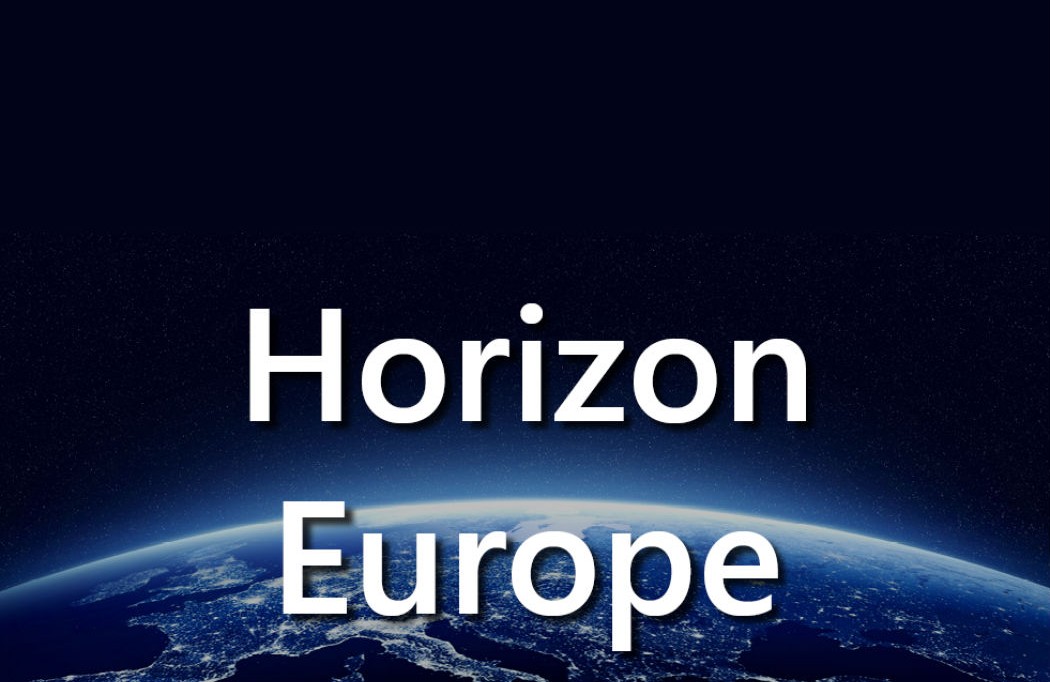COMMISSION TO INVEST €14.7 BILLION FROM HORIZON EUROPE FOR A HEALTHIER, GREENER AND MORE DIGITAL EUROPE
The Commission has adopted the main work programme of Horizon Europe for the period 2021-2022, which outlines the objectives and specific topic areas that will receive a total of €14.7 billion in funding. These investments will help accelerate the green and digital transitions and will contribute to sustainable recovery from the coronavirus pandemic and to EU resilience against future crises. They will support European researchers through fellowships, training and exchanges, build more connected and efficient European innovation ecosystems and create world-class research infrastructures. Moreover, they will encourage participation across Europe and from around the world, while at the same time strengthening the European Research Area.
Margrethe Vestager, Executive Vice-President for A Europe Fit for the Digital Age, said: “This Horizon Europe work programme will support European researchers, deliver top quality, excellent research and innovation, for the benefit of us all. Covering the full research and innovation cycle, from the lab to the market, it will bring researchers and innovators from all over the world closer together, to address the issues we are facing.”
Mariya Gabriel, Commissioner for Innovation, Research, Culture, Education and Youth, said: “With 40% of its budget devoted to making Europe more sustainable, this Horizon Europe work programme will make Europe greener and fitter for the digital transformation. Horizon Europe is now fully open for business: I would like to encourage researchers and innovators from all over the EU to apply and find solutions to improve our daily lives.”
Horizon Europe delivers on climate neutrality and digital leadership
More than four in ten euros - around €5.8 billion in total - will be invested in research and innovation to support the European Green Deal and the Union's commitment to make the EU the world's first climate-neutral continent by 2050. The funds will support projects that advance the science of climate change, and that develop solutions to reduce greenhouse gas emissions and to adapt to the changing climate. For example, activities will accelerate the transition towards clean energy and mobility in a sustainable and fair way, help adapt food systems and support the circular and bio-economy, maintain and enhance natural carbon sinks in ecosystems, and foster adaptation to climate change.
Making this decade Europe's Digital Decade and laying the groundwork for new digital enterprises even further into the future are also core objectives of the programme, which will ensure a substantial increase of investment in this area. For instance, it will help maximise the full potential of digital tools and data-enabled research and innovation in healthcare, media, cultural heritage and creative economy, energy, mobility and food production, supporting the modernisation of industrial models and fostering European industrial leadership. The development of core digital technologies will be supported with around €4 billion over 2021-2022.
Finally, this work programme will direct investments of around €1.9 billion in total towards helping repair the immediate economic and social damage brought about by the coronavirus pandemic. In line with NextGenerationEU, the funding will contribute to building a post-coronavirus Europe that is not only greener and more digital but also more resilient for the current and forthcoming challenges. This includes topics that aim to modernise health systems and contribute to research capacities, in particular for vaccine development.






